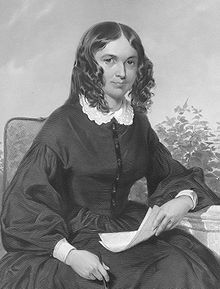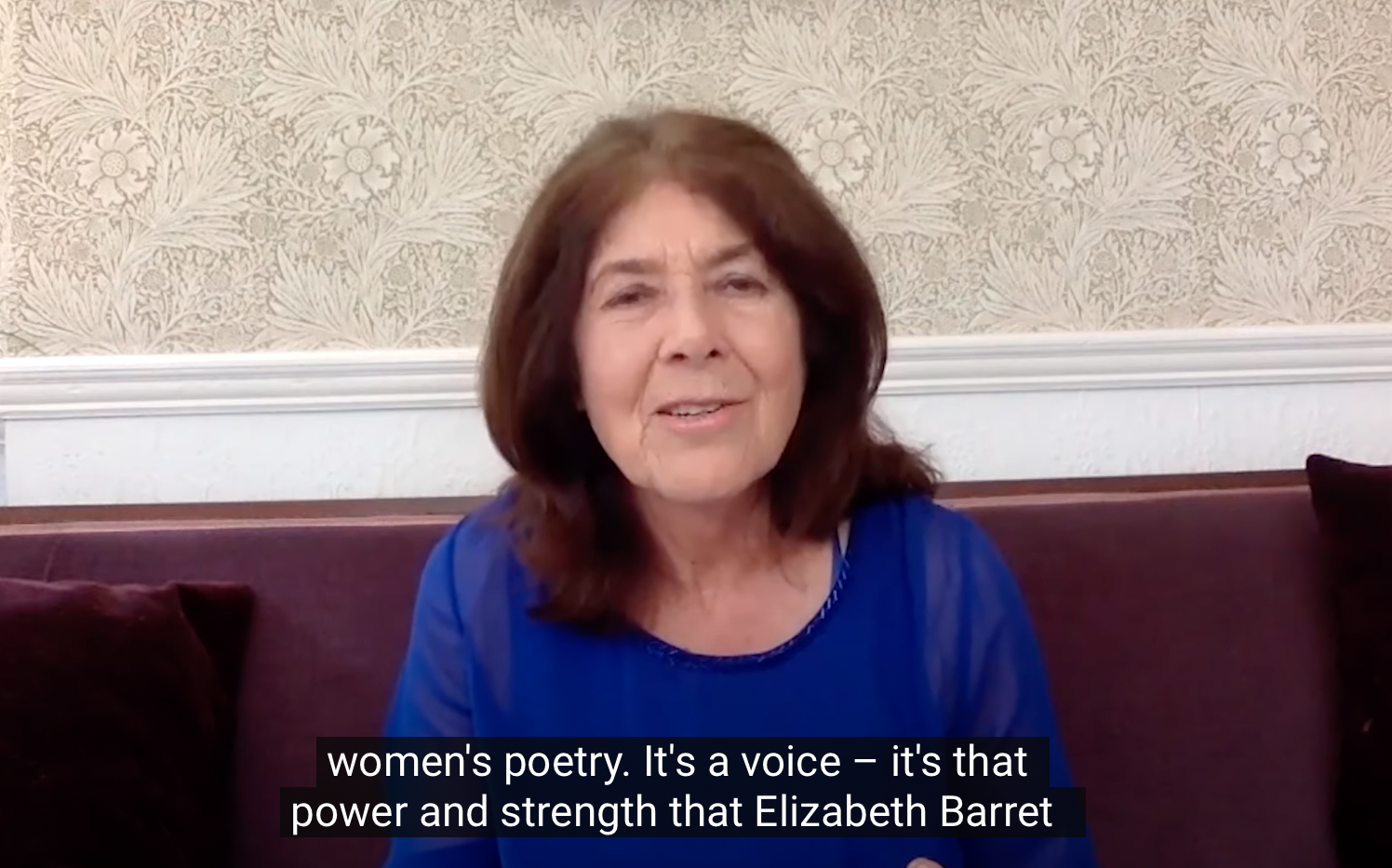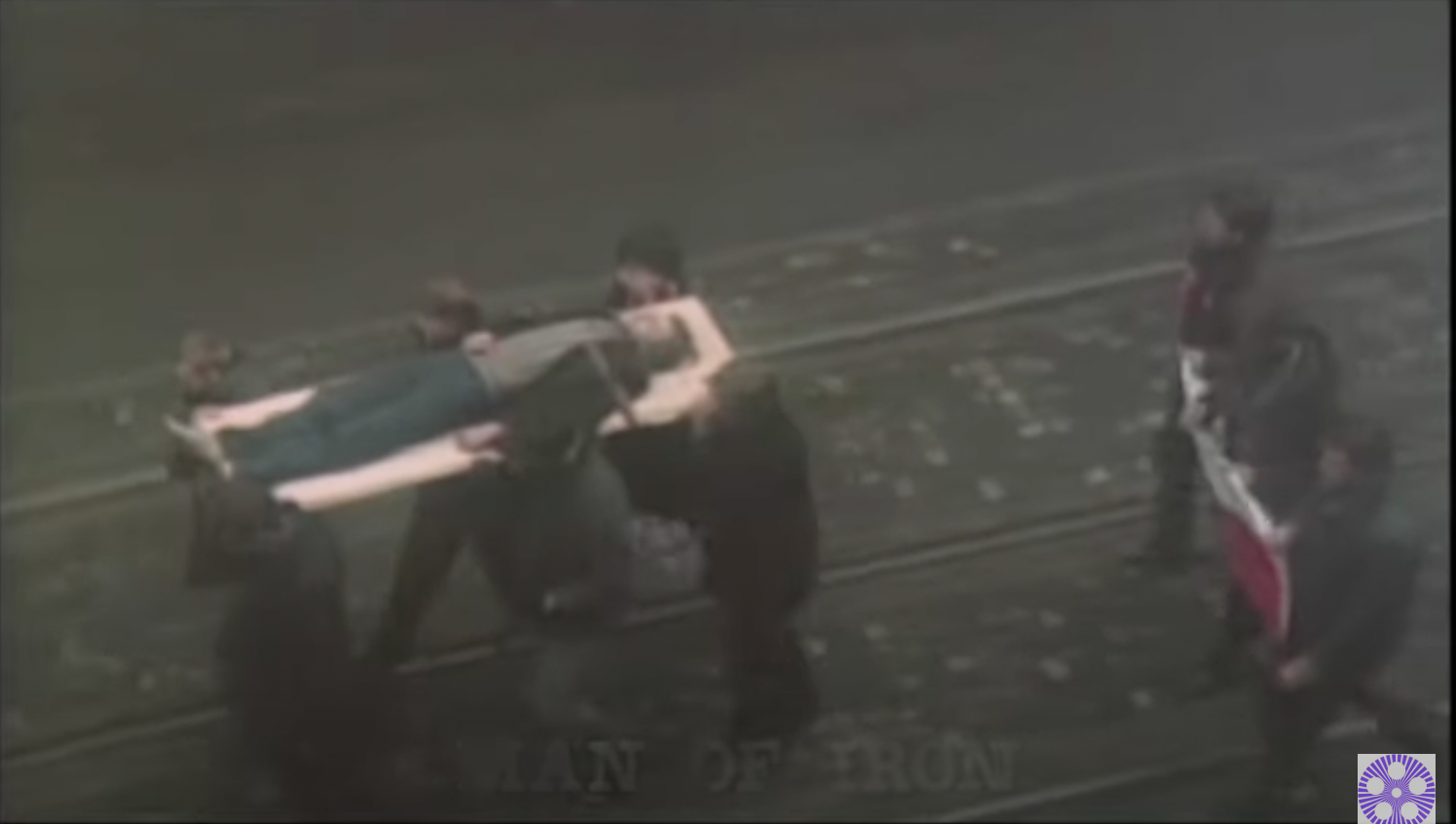
Teru Miyamoto (宮本 輝, born March 6, 1947) – Japanese novelist, short story writer, screenwriter – “Maborosi” / “Illusory Light” (1979)
Read a review of Teru Miyamoto’s novel Kinshu: Autumn Brocade
Read an excerpt from Miyamoto's short story "The Swallows' Nest"
Yoshitake Kenji, president of the Dream Street Shopping Arcade Merchants' Association, abruptly slid open the little glass window, pointed to the eaves, and said, "We want to get rid of this swallows' nest." Tomi opened her sunken eyes in surprise. How long did a swallow live? The question had preoccupied her recently, and just then she'd been absorbed in thoughts about swallows.
"Get rid of it?" Like Yoshitake, she spoke the language of southern Osaka.
"That's right. There was a meeting of the Association last night. A majority vote. People said the swallows' nest under the eaves of this tobacco stand impedes the future development of the Dream Street Shopping Arcade."
"Why is that?"
Yoshitake cleared his throat, leaned forward, and glanced around the interior of Tomi's shop as he groped for words. "Well, you see, well..." In fact, it was not the swallows' nest he wanted to dislodge, but Tomi, who held the rights to a one-mat space in the Furukawa Stationery Shop. Trying to look both stern and gentle at the same time, he knitted his brows and smiled. The demands that this attempt made on his facial muscles gave rise to faint twitches all over. Rattled, he rubbed his face with both hands.
"We've got to make plans to attract customers from farther away. We've got to make the shops look more modern. People have been saying so for a long time, and that's why Mr. Tai repainted his walls and enlarged his show-window. The Muratas remodeled their clock shop last summer, too. And it seems the Furukawas want to strip off this dirty old siding and replace it with a mortar wall. That swallows' nest will be in the way."
Tomi gave this some thought. "And the people of the shopping arcade decided by majority vote to get rid of the swallows' nest, so the Furukawas can renovate their shop?" She couldn't believe that the Dream Street crowd would exchange opinions about a swallows' nest for the benefit of someone else's shop. She knew everything about the people of Dream Street -- their family customs, their financial problems, their secret thoughts. For thirty-four years, Iseki Tomi had been sitting in her three-by-six shop in a corner of the shopping arcade, watching the residents through her little glass window. She simply watched; she was no busybody, peering into people's houses. But she'd come to know the residents of the arcade as well as if she'd placed them, one by one, on the palm of her hand and studied them. For thirty-four years, since the age of forty-three, she'd looked out silently and guilelessly from her sunless shop; and, though she didn't realize it, she'd gained from this the power to see people.

Andrzej Wajda (born March 6, 1926) – Polish film director, screenwriter – Katyn (2007)

Elizabeth Barrett Browning (born March 6, 1806) – U.S. poet
Read about Elizabeth Barrett Browning here and here
First and last verses from “Mother and Poet”I.
Dead ! One of them shot by the sea in the east,
And one of them shot in the west by the sea.
Dead ! both my boys ! When you sit at the feast
And are wanting a great song for Italy free,
Let none look at me !
II.
Yet I was a poetess only last year,
And good at my art, for a woman, men said;
But this woman, this, who is agonized here,
— The east sea and west sea rhyme on in her head
For ever instead.
III.
What art can a woman be good at ? Oh, vain !
What art is she good at, but hurting her breast
With the milk-teeth of babes, and a smile at the pain ?
Ah boys, how you hurt ! you were strong as you pressed,
And I proud, by that test.
IV.
What art’s for a woman ? To hold on her knees
Both darlings ! to feel all their arms round her throat,
Cling, strangle a little ! to sew by degrees
And ‘broider the long-clothes and neat little coat;
To dream and to doat.
* * *
XIX.
Forgive me. Some women bear children in strength,
And bite back the cry of their pain in self-scorn;
But the birth-pangs of nations will wring us at length
Into wail such as this — and we sit on forlorn
When the man-child is born.
XX.
Dead ! One of them shot by the sea in the east,
And one of them shot in the west by the sea.
Both ! both my boys ! If in keeping the feast
You want a great song for your Italy free,
Let none look at me !
Watch a 10-minute talk about Browning
 here
here
